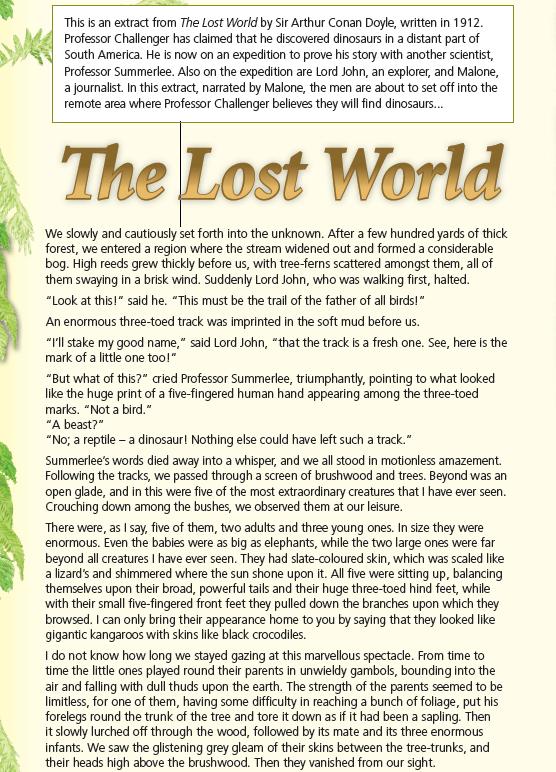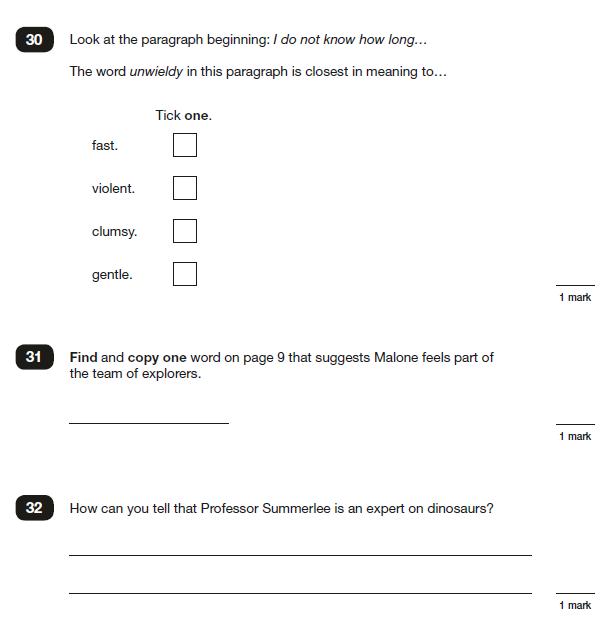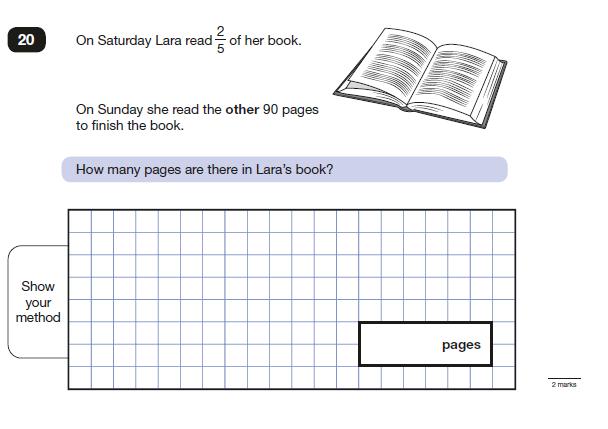Key Stage 2 SATs
Parent/Guardian Meeting
Monday 4th March 2024
Information and guidance on the expectations for 2023/24
Aim of the Meeting
•to advise about the End of KS2 Tests
•to share sample materials
•to identify how Teacher Assessments are calculated
•to review each test paper
•to offer suggestions about how you can help your child at home
Assessment and Reporting
• Test scores will be reported as ‘scaled scores’.
• Your child will still be taught with the highest expectations and will cover all required elements of the curriculum, similar to previous years.
• Tests for Y6 cover the whole content of the curriculum from Year 3 to Year 6, so children who are working below age-related expectations at the end of primary school are still able to access parts of the test and the scaled score shows this.

Scaled Scores - What is meant by ‘scaled scores’?
• What is meant by ‘scaled scores’?
•It is planned that 100 will always represent the ‘national standard’.
• It is planned that 100 will always represent the ‘national standard’.
•Each pupil’s raw test score will therefore be converted into a score on the scale, either at, above or below 100.
• Each pupil’s raw test score will therefore be converted into a score on the scale, either at, above or below 100.
•The scale will have a lower end point somewhere below 100 and an upper end point above 100. Last year, the scale was set between 80 and 120 and children attained a scaled score somewhere on that scale.
• The scale will have a lower end point somewhere below 100 and an upper end point above 100.
• A child who achieves the ‘national standard’ (a score of 100) will be judged to have demonstrated sufficient knowledge in the areas assessed by the tests.
•A child who achieves the ‘national standard’ (a score of 100) will be judged to have demonstrated sufficient knowledge in the areas assessed by the tests.
• In July 2016 for the first publication of test results, each pupil will receive:
o A raw score (number of raw marks awarded).
•In July, on the publication of test results, each pupil will receive:
o A scaled score in each tested subject.
o Confirmation of whether or not they attained the national standard.
oA scaled score in each tested subject.
oConfirmation of whether or not they attained the national standard.

The Tests
• Key Stage 2 SATs take place nationally in the week commencing 9th May 2016.
Key Stage 2 SATs take place nationally in the week commencing 13th May 2024.
• Statutory tests will be administered in the following subjects:
oMonday 13th May - Punctuation, Vocabulary and Grammar (45 Minutes)
o Reading (60 minutes)
oMonday 13th May - Spelling (approximately 15 minutes)
o Spelling (approximately 15 minutes)
o Punctuation, Vocabulary and Grammar (45 minutes)
oTuesday 14th May - Reading (60 minutes)
o Mathematics
- Paper 1: Arithmetic (30 minutes)
- Paper 2: Reasoning (40 minutes)
oWednesday 15th May - Mathematics Paper 1: Arithmetic (30 minutes)
- Paper 3: Reasoning (40 minutes)
oWednesday 15th May - Mathematics Paper 2: Reasoning (40 minutes)
oThursday 16th May - Mathematics Paper 3: Reasoning (40 minutes)
• In addition, some schools will be required to take part in Science testing, consisting of three tests in Biology, Physics and Chemistry. Not all schools will take part in this sampling, which takes place on a later date.
•All tests are externally marked.
• All tests are externally marked.
•Writing will be ‘Teacher Assessed’ internally, as in recent years.
• Writing will be ‘Teacher Assessed’ internally, as in recent years.

Reading
• The reading test will be a single paper with questions based on three texts, taken from a variety of genres. Your child will have one hour, including reading time, to complete the test.
• There will be a selection of question types, including:
• Ranking/ordering, e.g. ‘Number the events below to show the order in which they happen in the story’
• Labelling, e.g. ‘Label the text to show the title of the story’
• Find and copy, e.g. ‘Find and copy one word that suggests what the weather is like in the story’
• Short constructed response, e.g. ‘What does the bear eat?’
• Open-ended response, e.g. ‘Look at the sentence that begins Once upon a time. How does the writer increase the tension throughout this paragraph? Explain fully, referring to the text in your answer.’


English Grammar, Punctuation &Spelling (GPS or SPaG)
The spelling, punctuation & grammar test will consist of two parts: a grammar and punctuation paper requiring short answers, lasting 45 minutes, and a spelling test of 20 words, lasting around 15 minutes.
The grammar and punctuation test will include two sub-types of questions:
o Selected response, e.g. ‘Identify the adjectives in the sentence below’
o Constructed response, e.g. ‘Correct/complete/rewrite the sentence below,’ or, ‘The sentence below has an apostrophe missing. Explain why it needs an apostrophe.’



Maths
• Paper 1 will consist of fixed response questions/ calculations, where children have to give the correct answer to calculations, including long multiplication and division.
• Papers 2 and 3 will involve a number of question types, including:
Multiple choice
True or false
Constrained questions, e.g. giving the answer to a calculation, drawing a shape or completing a table or chart
Less constrained questions, where children will have to explain their approach for solving a problem.



How we will be helping your child to prepare for test situations
• We realise that for some children the SATs can be a stressful time and that they may become anxious, worried and feel pressure as they want to do their best.
• We want to minimise this for children and give them strategies to cope with these new feelings.
• We will be using some relaxation techniques during sessions in class.
• The sessions will focus on children understanding their brain and body’s response to anxiety. We will teach them strategies to cope with nerves and how to raise their confidence and self-esteem. These strategies will include calming techniques, breathing, massage, stretches, mindful moments, visualisation, positive thinking and affirmations.
• These strategies will then be practised in the classroom with the children and their class teacher.
How to Help Your Child
• First and foremost, support and reassure your child that there is nothing to worry about and they should always just try their best. Praise and encourage!
• First and foremost, support and reassure your child that there is nothing to worry about and they should always just try their best. Praise and encourage!
• Ensure your child has the best possible attendance at school
• Ensure your child has the best possible attendance at school.
• Support your child with any homework tasks.
• Please ensure that your child goes to bed at a sensible time in the week of the SATs.
• Reading, spelling and arithmetic (e.g. times tables) are always good to practise.
• Support your child with any homework tasks and revision.
• Talk to your child about what they have learnt at school and what book(s) they are reading (the character, the plot, their opinion).
• Reading, spelling and arithmetic (e.g. times tables) are always good to practise.
• Make sure your child has a good sleep and healthy breakfast every morning!
• Talk to your child about what they have learnt at school and what book(s) they are reading (the character, the plot, their opinion).
• Make sure your child has a healthy breakfast every morning!

• Year 6 children will be able to enter class from 8.30am, should children wish to come into school early to settle themselves ready for the morning test. Teachers will also provide the children with juice and biscuits.
• Should they wish to, children may also provide themselves with a small bottle of water in a transparent, named bottle, which they will need to keep under their desk.
Finally should your child be unable to attend school for any reason during the SATs week, please inform the school by telephone before 8.30 am. (01704 508500)








